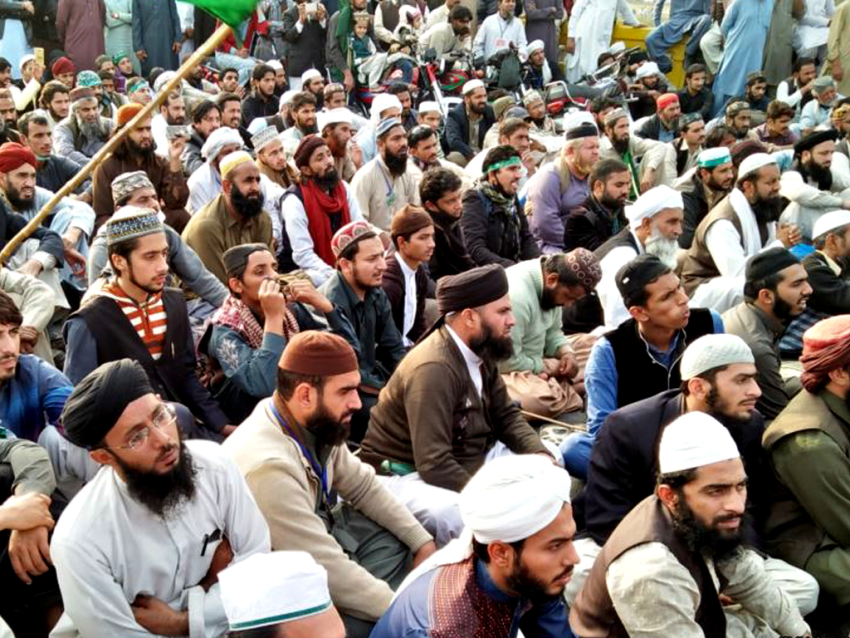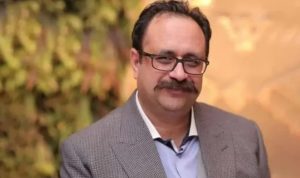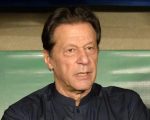It usually takes only 25 to 30 minutes for Bilal to drive to his workplace in F-8 sector from his newly built house in Ghauri Town near Karal Chowk, while he also drops his two children at a private school on the way. This has been continuing for the past eight months since he moved to his new house. For the past two weeks, however, his morning commuting has turned into a one and half to two hours long tiring exercise – not to mention the additional fuel costs – thanks to a dharna (sit-in) by Tehreek-e Labbaik Ya-Rasool-Allah (TYL) and Sunni Tehreek (ST), at Fiazabad interchange, now well into its third continuous week.
And it gets even messier when he finishes his job at the bank employing him, at around 5:30 to 6:00 pm every evening. The rush of all those working in Islamabad trying to find a way back home means he may be on the road for 2 to 3 hours.
His kids take a shared van after finishing school at 2:00 pm, and they too having been reaching home around 4:00 every day for past two weeks – while ordinarily it takes them only 45 minutes at the maximum.
This dharna has been such a pain for Bilal; yet, he is clueless whether he can do anything but continue to suffer in silence.
Bilal – the 32 years old young banker driving his leased Suzuki Cultus – is one of hundreds of thousands of hapless citizens of twin cities who is suffering in silence. He finds solace is telling himself that he has a small but efficient car; what about the hundreds of thousands of others who are dependent upon the now paralyzed public transport system? The twin-cities lone Bus Rapid Transport (BRT, known as Metro) has also been suspended by the authorities.
There are government and private sector employees, small vendors, medium scale business persons, medics and paramedics, lawyers and litigants, students and teachers, men and women. Everyone is suffering and in silence.
Nonetheless, neither do they ponder over it by themselves; nor is there any ‘civil society’ organization telling them what they must, or what they can, do, in such a situation. This is not the first such instance in the twin cities, either.
Both the Islamabad High Court and the Supreme Court of Pakistan have stepped into it and are pushing the civilian government to clear the way – the main communication system between Rawalpindi and Islamabad and the lifeline for its socio-economic activity – but to no avail so far.
The government, ostensibly avoiding a violent situation on the spot or to save it from spreading from other parts of the cities and the rest of the country is zeroing in on negotiations while the talk for involving the armed forces is coming up. The military says it will abide by the government’s instructions if this turns out to be the case.
But that is only one side of the story. This is politics. This is a blatant use of religion in politics. And the most unfortunate part of it is that some of the major political parties are making even their supporters suffer and remaining silent, only for petty politics. All those who matter are focused more on what political ends the can achieve out of this situation instead of finding a way out to end the sufferings of a common man.
And the ordinary Pakistani citizen continues to be pushed against the wall.
Now the reports are that they are amassing their strength on some roads in Karachi too.
An ordinary Pakistanis need to realize that it is only them who can change such a situation for better, and avoid such a large scale trouble in future if they rise to the occasion.
It is time for the citizens of the twin cities to rise up against those illegally and unethically blocking their right to free movement for this long, and making their lives miserable. Some ‘civil society’ organization will have to take a lead here.
The point here is by no means to advocate a violent response from the ordinary people. But a group of even a few hundred ordinary citizens marching towards the occupiers would be enough here. Talk to them first, and remind them that it is WE who are suffering because of your politics, your tricks. You have a place nearby to register your protest if you wish so. Otherwise, WE can block your supplies and may have to push you away by force, too.
The common man also needs to put pressure on his immediate political leader, enforcing that to avoid such a blockade of the city we live in, we need to rise above the political affiliations. It is a civic issue; politics must be considered secondary here.
Let us resolve that we would not let any singular groups take our city, and lives of millions of our fellow citizens, hostage for weeks and months at any cost.
This has to end; and it will not if the common man does not rise up.














